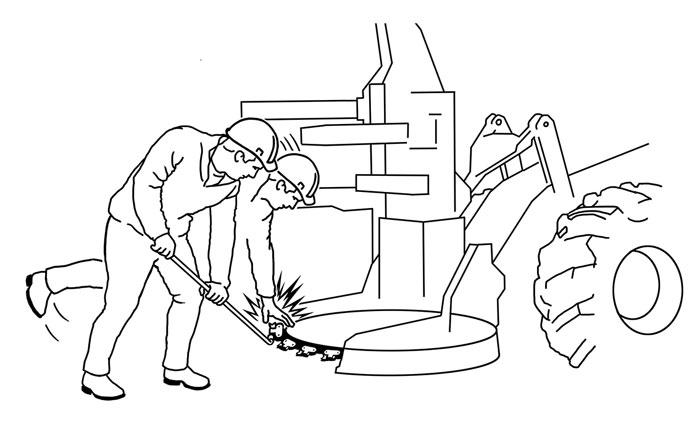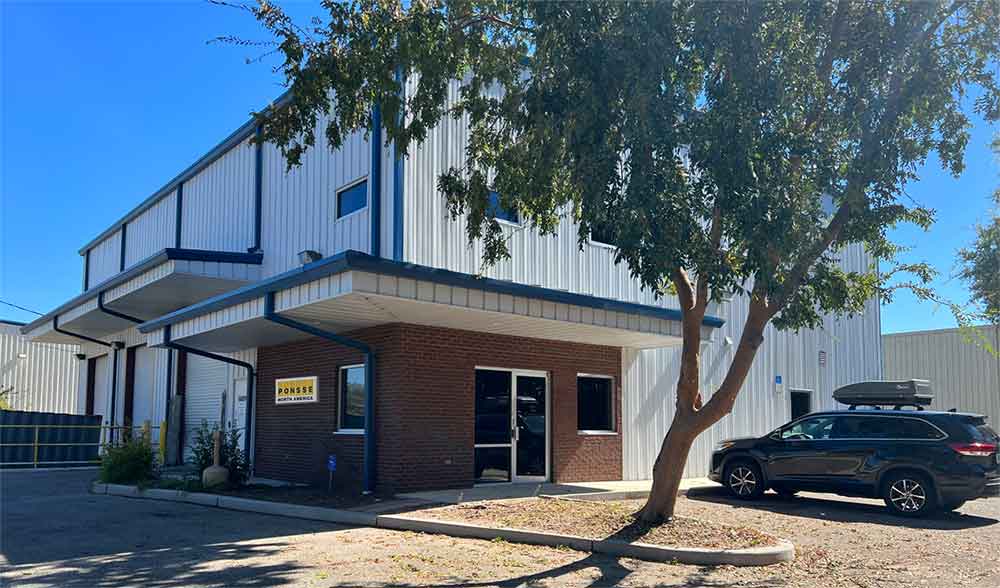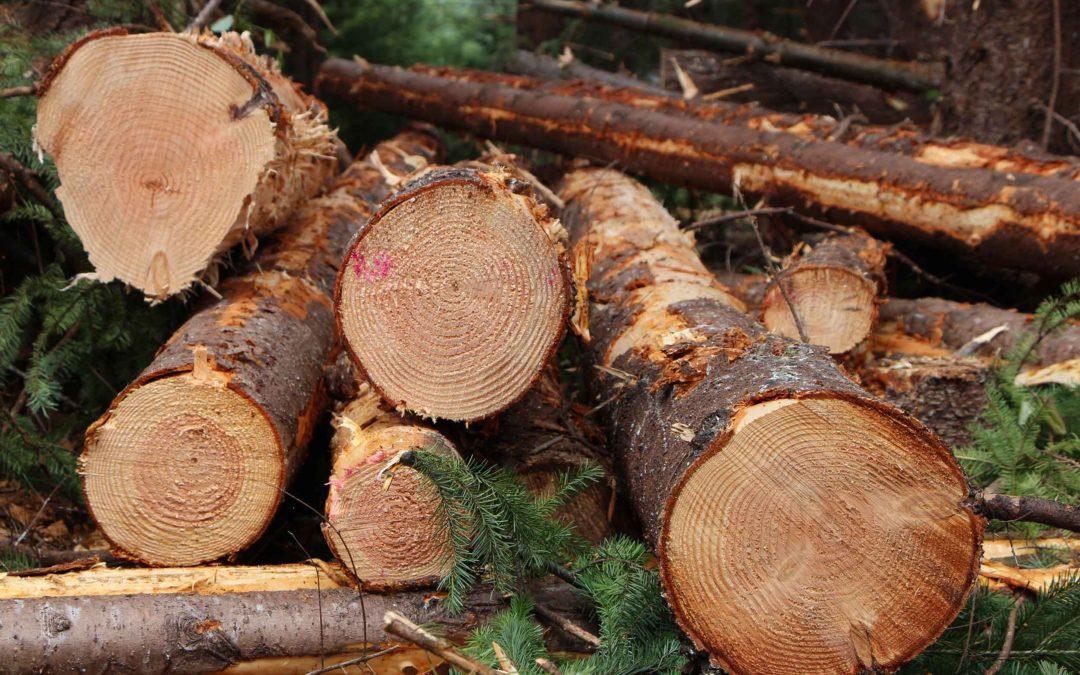Operator Lacerates Hand While Changing Teeth On Buncher
 BACKGROUND:
BACKGROUND:
On a warm, sunny, summer day in the South, a feller-buncher operator was installing new cutting teeth on a cutting head outfitted on a wheeled feller-buncher. His procedure was to use a 36-inch breaker bar to loosen the one-inch bolts that secure the teeth. Then he used an impact gun to remove the bolts and change each tooth. The cutting disk was held in place with a piece of wood or a large metal bar so it would not rotate.
PERSONAL CHARACTERISTICS:
The buncher operator was 25 years old and had been with this employer for over 2 years. He had completed this task many times before and was considered fully trained to perform the replacement. He wore all the required personal protective equipment.
UNSAFE ACT OR CONDITION:
After he had changed several teeth successfully, the breaker bar slipped off one of the bolts that he tried to loosen, and he fell forward.
ACCIDENT:
The operator braced his fall with his left hand and landed on top of one of the recently changed, razor-sharp teeth.
INJURY:
He cut his left hand, suffering a severe laceration with extensive tendon and nerve damage to the hand.
RECOMMENDATIONS FOR CORRECTION:
- Although extension bars have been designed for use with this type of job, they still require that the user grip these extension bars firmly with two hands, while maintaining proper body position and firm footing; the face and body should be positioned out of harm’s way.
- Using the impact wrench prior to using the extension bar may loosen the bolt and prevent the need for the extension bar.
- Require the use of cut-resistant gloves when performing this operation.
Courtesy of the Forest Resources Association: forestresources.org
Latest News

Ponsse North America Adds Southern Location
Ponsse North America, Inc has expanded its operations to Midway, Fla., right outside of Tallahassee. The main factors that influenced this development are the growing demand for cut-to-length wood and an increase in machine sales in the South….

AU Receives Pine Needle Blight Research Funding
A research team in Auburn University’s College of Forestry, Wildlife and Environment (CFWE) is working to find solutions to an increasing threat to pine forests—needle blight. Through a $2.1 million U.S. Forest Service grant, the group is aiming to…
Have A Question?
Send Us A Message
